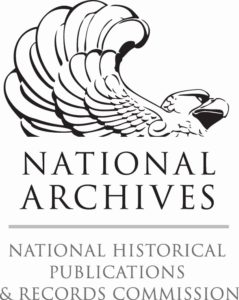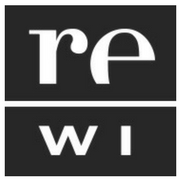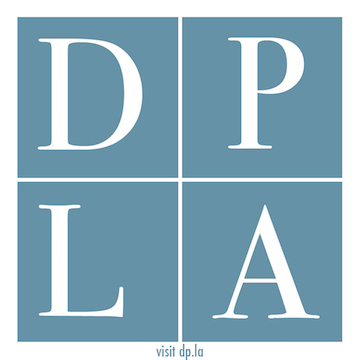Controlled Vocabularies
A controlled vocabulary is a predetermined list of terms and phrases used to describe resources. Controlled vocabularies help establish consistency and enable discovery by grouping and connecting related content. In other words, using the same subject terms, creator names, place names, etc. as everyone else describing digital materials means that search terms will turn up the same types of items across multiple collections.
Controlled Vocabulary Examples:
- Subject
- Type
- Creator
- Place
- Language
- ISO 639.2 (Codes for the Representation of Names of Languages)
- Rights
Data Dictionary
A data dictionary or metadata style guide is a document describing, connecting, contextualizing, and interpreting your metadata fields. It’s important to document what kinds of information should be captured in each metadata field, and how, so that others can refer to it as they create new metadata records in a standardized way. For instance, your data dictionary could specify that the “Creator” field should include both the given name and nickname of creators, i.e. Paul “The Lumberjack” Bunyan.
Data Dictionary Examples:
- Listening to War data dictionary, Recollection Wisconsin
- Metadata Style Guide for Digital Maryland Collections
- Guidelines for Uploading Exhibit Submissions to Mukurtu, Great Lakes Culture Keepers
- Clements Texas Papers, Briscoe Center for American History
If you already have some item-level metadata, take a look at the Toolkit with Four Simple Metadata Improvements to enhance your descriptive information.
Inclusive Metadata Considerations
Controlled vocabularies, data dictionaries, subject headings, and other standardized metadata have been created by people: human beings with human perspectives and biases. Additionally, terminology, understanding, and relationships change and evolve over time. This means that subject terms determined by the Library of Congress or another authority may not be accurate or acceptable today, in your geographic region, or for your experiences.
Creating metadata gives the writer a lot of power to decide how materials will be discovered and understood by users in the future. While we can’t know how terms might change going forward, we can consciously create metadata that uses community members’ preferred terminology. For instance, although there are many place names in Wisconsin that use the outdated word “Winnebago,” the citizens of Ho-Chunk Nation prefer “Ho-Chunk” to describe themselves.
We’ve included several resources in the Resources and Tools list below to get you started on what’s called inclusive metadata.
Resources and Tools
- Introduction to Conscious Editing Series. Sunshine State Digital Network, 2020.
- A choice to empower. University of North Carolina, 2021.
- It’s All In The Details. Iowa State University, 2021.
- Anti-Racist Description Resources. Archives For Black Lives in Philadelphia, 2019.
- Equitable Metadata Practices Related to Race, Gender and Culture. DigitalNC, 2021.

 The Digital Readiness Toolkit and related resources were made possible in part by grants from the National Historical Publications and Records Commission.
The Digital Readiness Toolkit and related resources were made possible in part by grants from the National Historical Publications and Records Commission.
